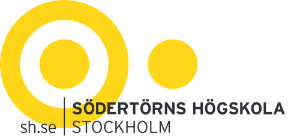Influence as the key to consent? Swedish director generals’ perceptions of reporting requirements Artikel i vetenskaplig tidskrift, refereegranskad Författare Jenny De Fine Licht | Förvaltningshögskolan Jon Pierre | Statsvetenskapliga institutionen Publikationsår 2019Publicerad i International Journal of Public Sector Management, 32 (4), 388-402
Sammanfattning© 2019, Emerald Publishing Limited. Purpose: Performance measurements have become a prominent part of government steering of public agencies. At the same time, they are increasingly criticized for creating heavy administrative burdens. The purpose of this paper is to argue that consent on part of the heads of agencies is vital for making performance measurement an efficient tool for not only control but also organizational learning. Design/methodology/approach: The paper reports a survey with a nearly total sample of Swedish Director Generals. Findings: Findings suggest that Director Generals who feel that they are able to influence the goals and indicators of their agencies are significantly more willing to consent to the government’s reporting requirements. Originality/value: The paper suggests that a more encompassing, interactive and participatory process might increase agency consent with reporting requirements.Länkar
ISSN0951-3558Ämnesord
- SAMHÄLLSVETENSKAP | Statsvetenskap
NyckelordDirector Generals, Performance measurement, Reporting requirementsSpråkEngelskaPublikations-ID278914Identifikatorer
- ISI-ID: 000469828800004
- Scopus-ID: 85062956635
- DOI: https://doi.org/10.1108/IJPSM-08-2018-0193

